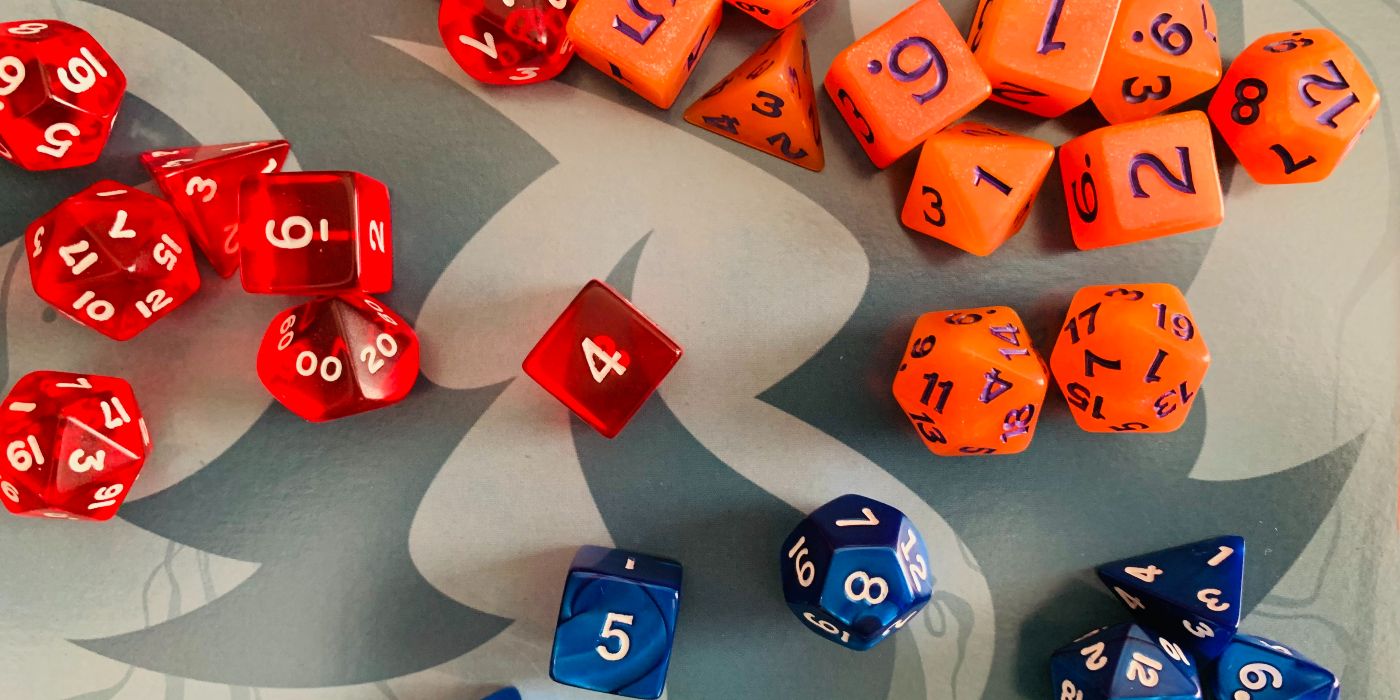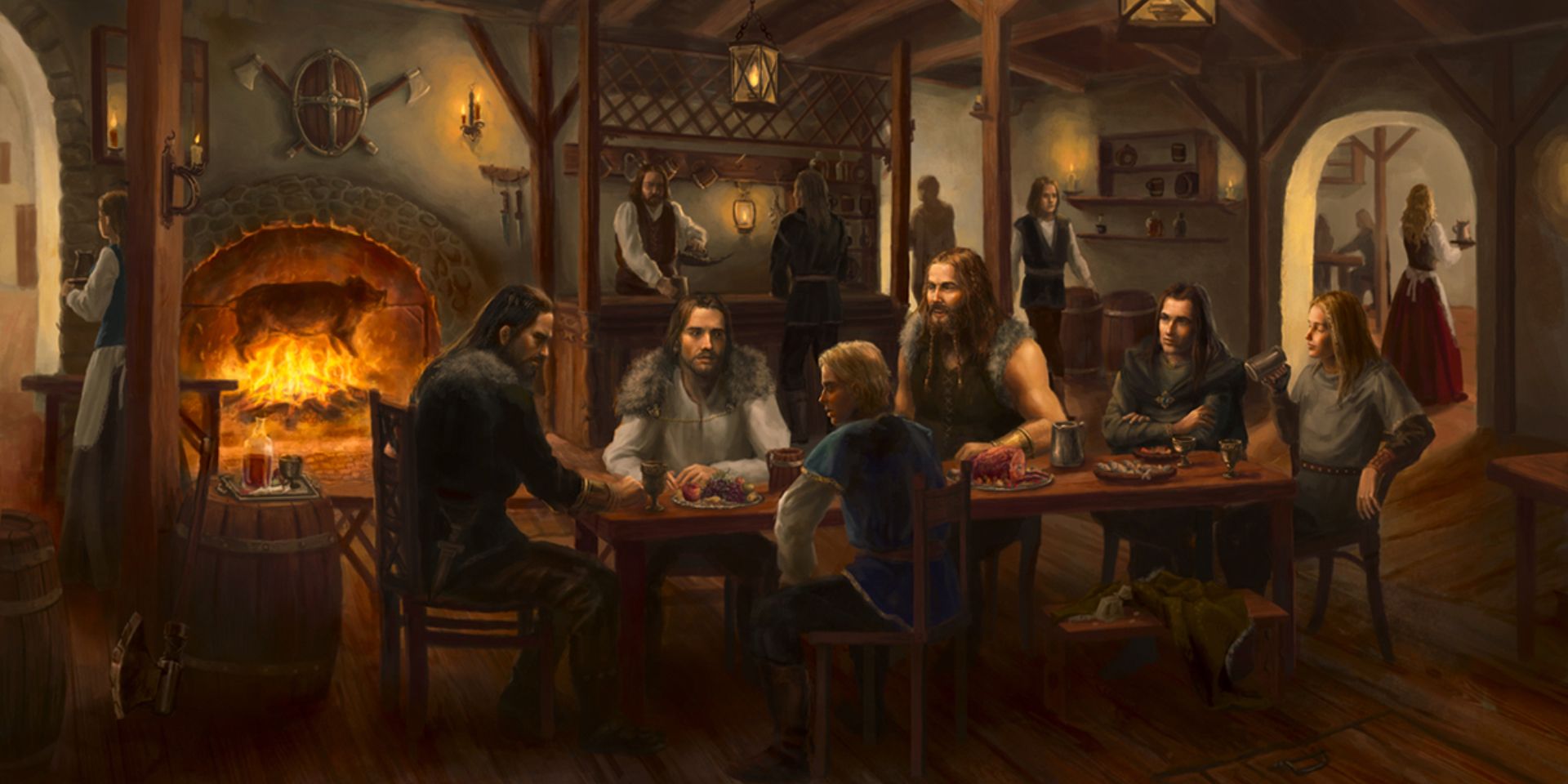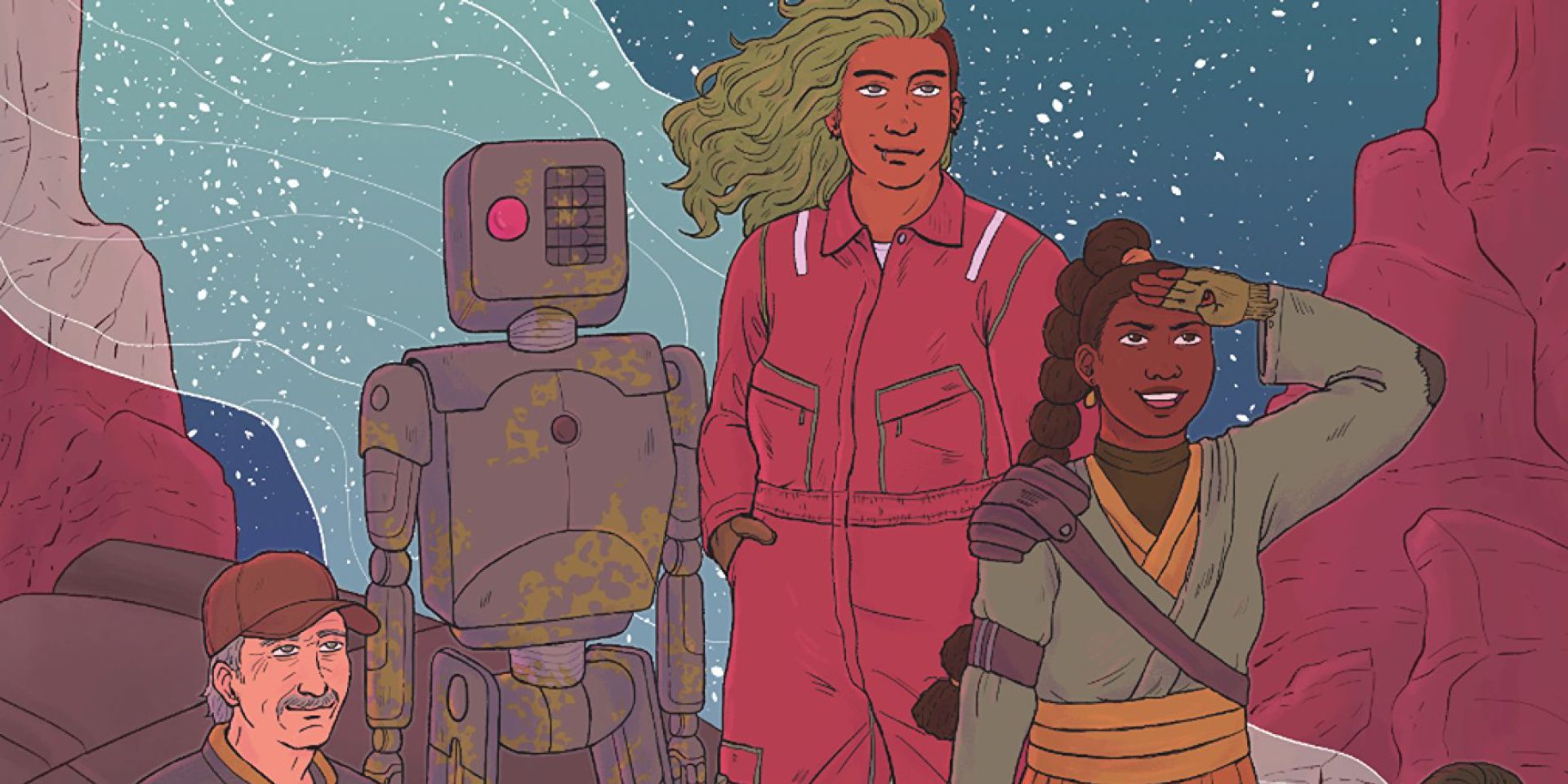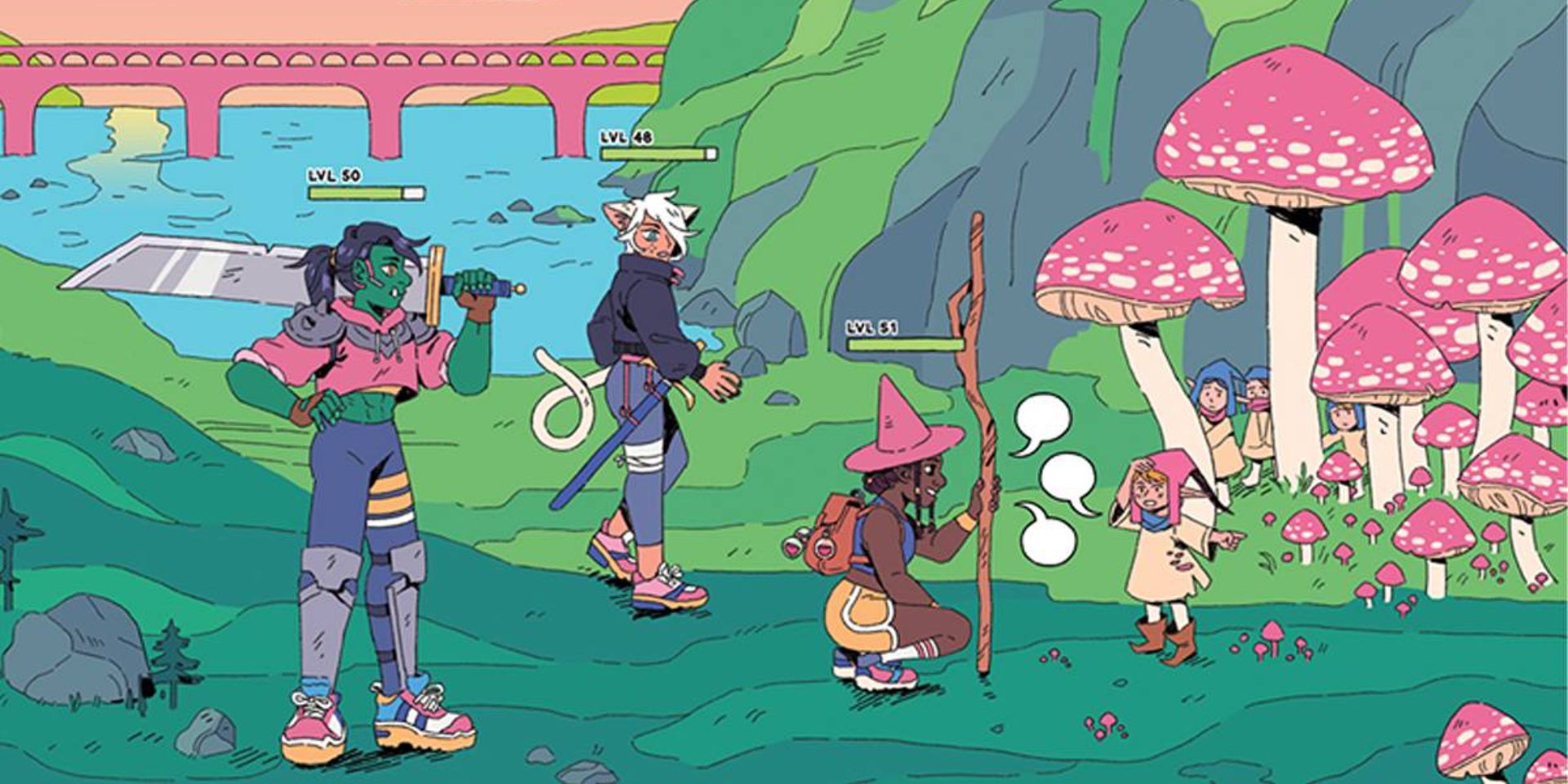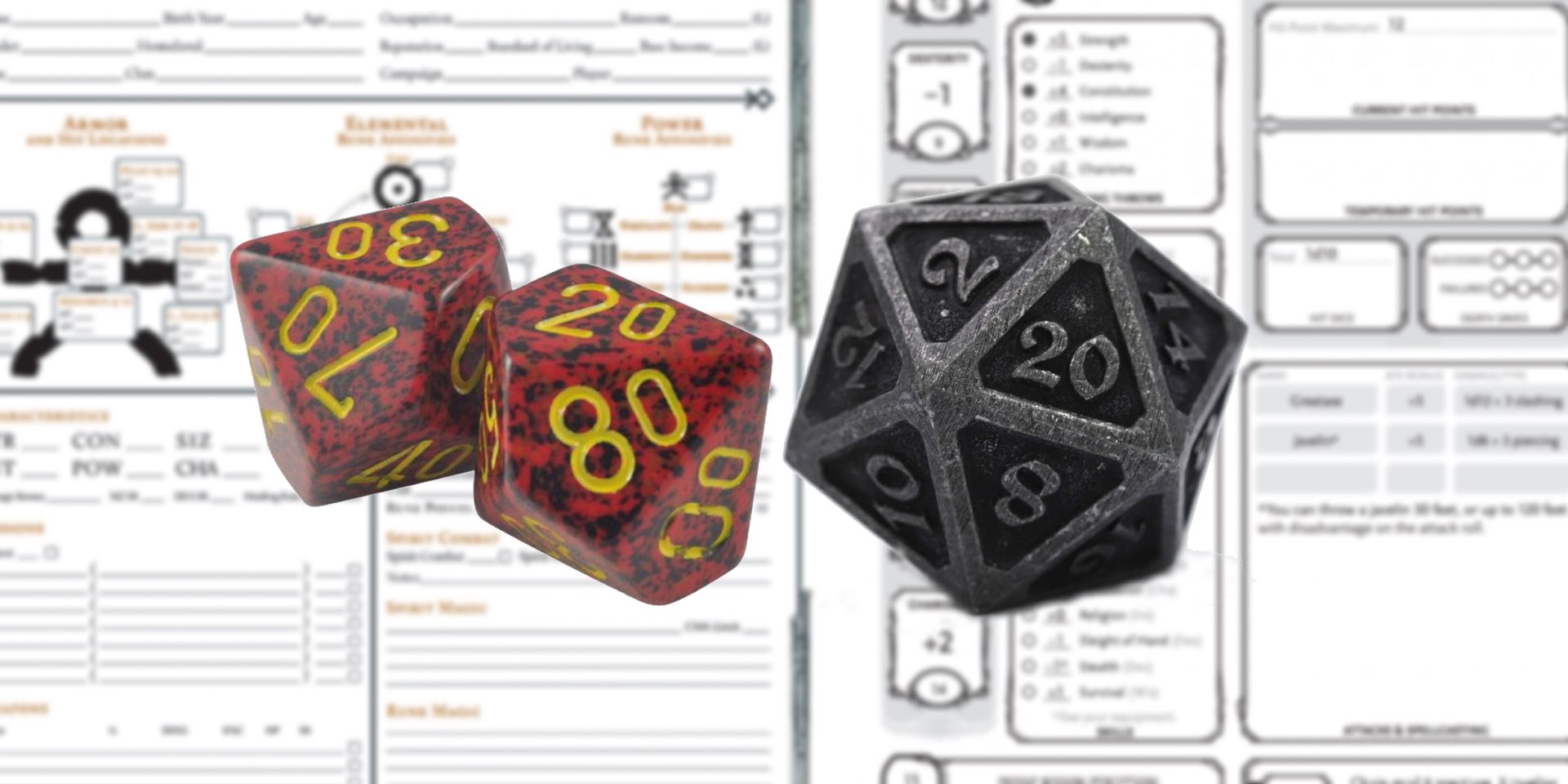Related
At first coup d’oeil , make an indie tabletop roleplaying game an comfortable activity - would - be tabletop RPG designers just need to type up some rules and severalise players what dice they should roll . To create an RPG as fun to play asDungeons & DragonsorRuneQuest , aspiring secret plan designer do need to recreate - test their unexampled RPG drafts , hook feedback from their playing period - tester to fine - tune the game ’s rules and better express its core premise . To this end , here are a few fundamental tips RPG designers can use to set up maneuver - testing sessions and get the most out of the critiques they receive .
To design a information processing system RPG , even a simple 2D one , solo developers must be expert in reckoner programing , pictorial / heavy design , and narrative design , among other things . Indie tabletop roleplaying games , in demarcation , theoretically only expect a PDF of written rules , a quality canvas , and dice to turn over ( and not even the last , in the case ofdice - less tabletop RPGsystems ) . Theoretically , this makes it very easygoing for aspire indie RPG designers to create new games and upload them to internet site such as itch.io or Drivethru RPG .
Related : RPG Dice - Rolling Paradigms ( & Their Pros And Cons )
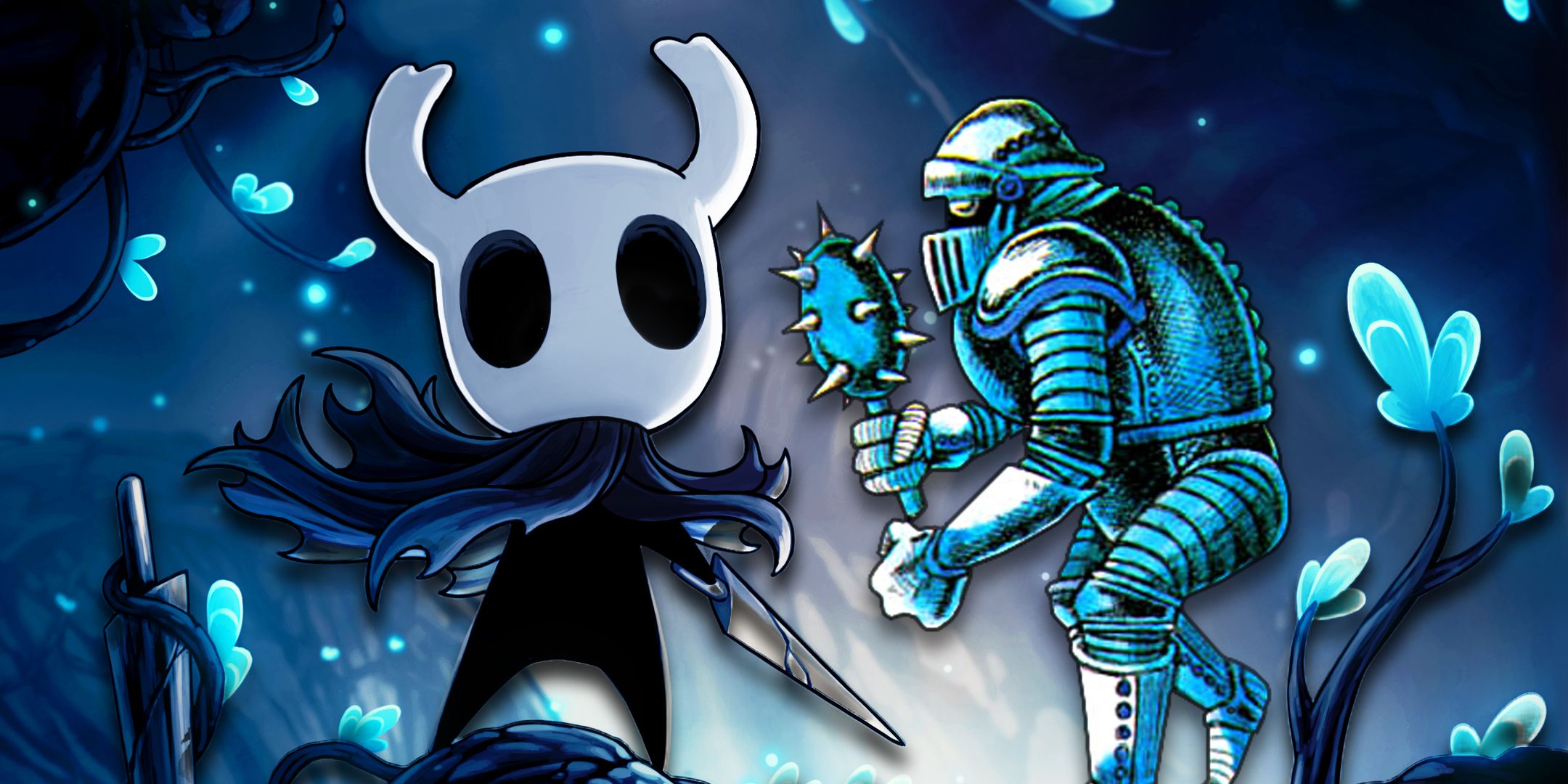
However , tabletop RPG systems do still involve a lot of play - testing and loop in parliamentary procedure to become fun and accessible to most player ( evenDungeons & Dragons5th Edition , the latest version of the world ’s first fantasy roleplaying plot , is still being work on and tweaked by designers at Wizards of the Coast ) . Play - examination does n’t just assist game designers see if their RPG functions , but also gives them a infinite where they can experiment and introduce with new gameplay concept ortabletop RPG designphilosophies . The watch over RPG frolic - testing tips and methods have been designed with indie developers in mind - people who ’ve design their own original plot rules or hacked an clear - source RPG system and want to fine - tune their ideas .
RPG Designers Should Draw From Games They Like AND Dislike
Many tabletop RPG developer start out as tabletop RPG role player , just as many authors startle out as avid reader . Fans of old - school phantasy RPGs likeDungeons & Dragonsmay lead off out by create their own twisting on the dungeon - crawling tabletop biz data format they fuck and enjoy in the past ( a phenomenon that led to the coining of the term"Fantasy Heartbreaker " RPGs ) . Other developers create their first original tabletop RPGs out of a desire to make something dissimilar - a game with pattern they get hold less thwarting , a roleplaying system designed to severalise level in niche music genre , etc . Regardless of their precise motivations , draw a bead on RPG designers should , to the best of their ability , have clear pattern goals in thinker when compose their first drafts , even if it ’s just a simple statement along the lines of " Like D&D , but more youngster - friendly . " Clear and specific intent goals help oneself RPG developer process the feedback from their play - testing groups and work out out how their game draft should evolve .
Playtest The First Few RPG Drafts With Friends
There are two good reason for designers oforiginal or adapt tabletop RPGsto sport - test their draught with a circle of friends - ideally friends from a pre - established gambling group who are unforced to essay something new . First , Friend are more potential to be interested in the same chronicle or games as the RPG interior designer and thus more likely to read what the designer ’s intent was . Second , a group of acquaintance is more likely to be supportive of the game fashion designer and play their RPG conscription in proficient faith . Finally , even the most constructive unfavorable judgment can be easier for tabletop RPG designers to accept if it comes from someone they trust .
Playtest Later RPG Drafts With Strangers
Eventually , indie tabletop RPGdesigners should get to out to less familiar members of the tabletop play community to playtest later draft of their game organization . The important part of this stage of play - testing is try the opinions of the wider public . For example , tabletop players who do n’t partake in the designer ’s interests , people who are n’t as immersed in the roleplaying game Falco subbuteo , etc .
Related : Exalted Is The Tabletop RPG Most In motivation Of A Video Game Adaptation
Some indie game designers may want to recruit new swordplay - tester to participate in one - jibe game sessions on sites like Roll20 . This phase angle of tabletop RPG play - examination can also be as simple as pen up " … a PDF using Word , [ make ] it look half decent with a bit of your own layout workplace , and stick[ing ] it out there on DriveThru RPG , " accord toChris Birch , head of the Modiphius Entertainment tabletopgames troupe . This should make the scene of developing a tabletop RPG less intimidating than it otherwise could be .
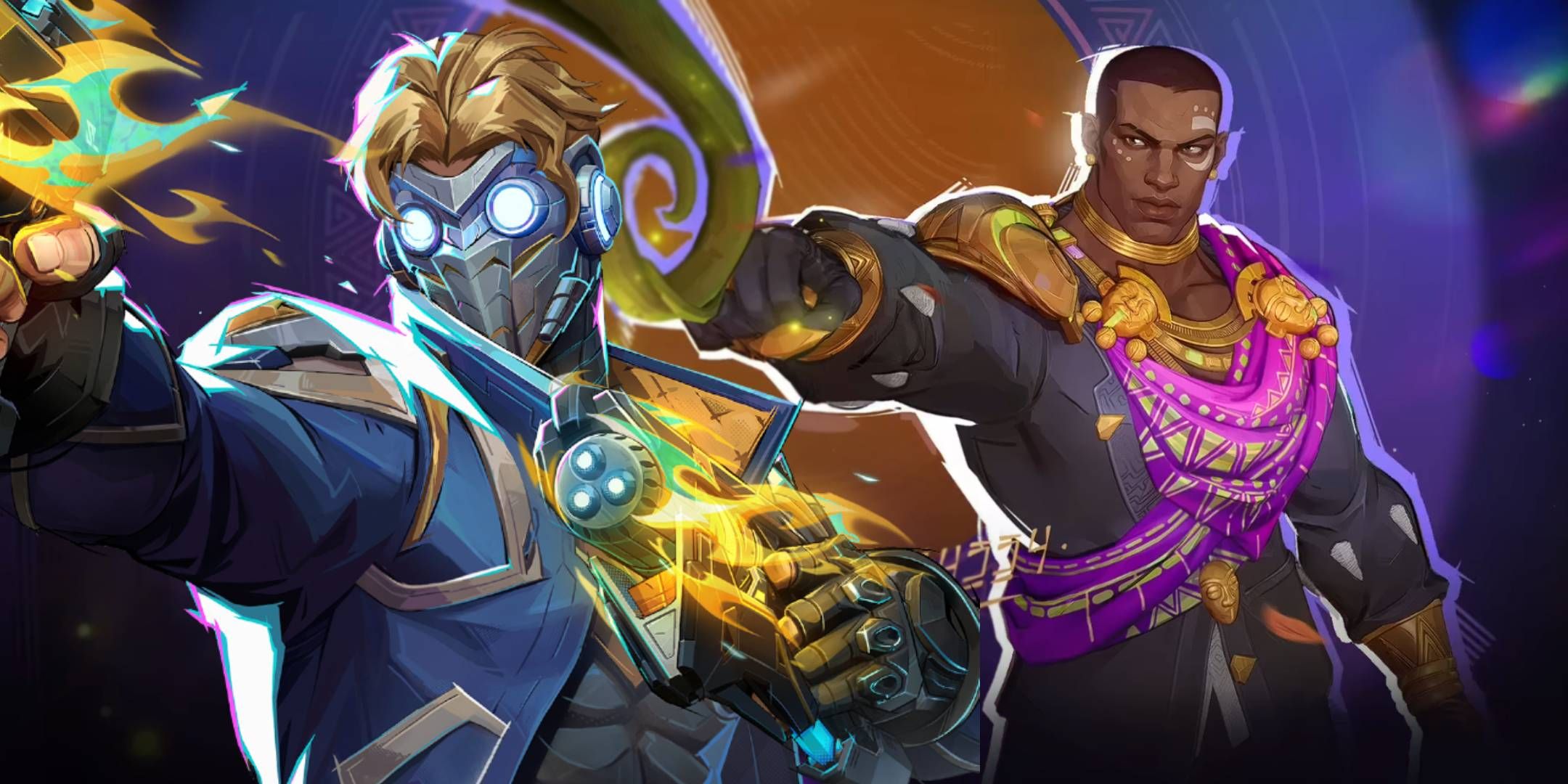
Grade RPG Drafts Based On How Fun They Are To Play And Run
After receive feedback from the bid - quizzer of their tabletop play plot draft copy , secret plan designers should compare the picture of their players to the original designing goals they had in nous , either pull off the regulation they create to well match their plot ’s conception or re - working the game ’s concept to match the roleplaying approaches the drama - testers fill . What ’s important is that the secret plan clothes designer makes trusted their RPG is fun for both the players and the referee who runs the games – the Dungeon Master , Game Master , Storyteller , etc . ( tabletop RPG rubber toolslike " Stars And Wishes " are great ways to solicit constructive feedback ) .
In most tabletop RPGs , players will succeed a set of rules to make their characters , describe what their fictitious character do or say over the trend of the game ’s story , and use die , scorecard , or tokens to adjudicate the final result of their actions or choices ; game designers should take care to evaluate these three phase of act during a play - test session , tweaking rules to make the gameplay more intuitive and excising any boring , unnecessary rule . For more complex , tactical RPGs likeDungeons & Dragons , designer should also evaluate game mechanics such as scrap rounds , rules for geographic expedition , and paradigms for casting magic in their tabletop RPG , make certain players have a wide grasp of trouble - solving approaches and ways to customize their characters . eventually , game designers should do their good to streamline the Holy Writ - keeping of their RPG ’s Game Masters by giving them clear , intuitive guidelines for design enemy , calibrating challenges , and creating newfangled stories for players to enjoy .
Next : Tabletop RPGs More minor - Friendly Than Dungeons & Dragons

